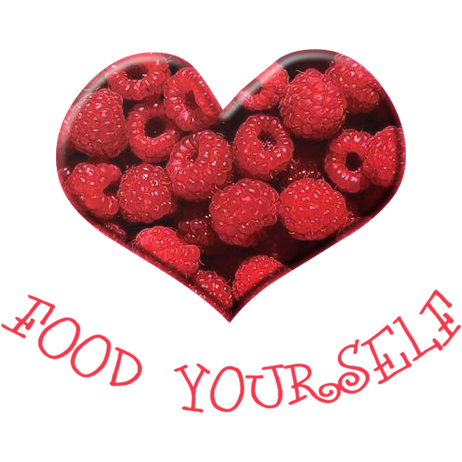A Closer Look at Organic Foods - Part 3
The whole argument surrounding organic food makes it really tough for consumers and nutrition experts because there’s no clear consensus for what to do. Even as I’m writing this, I feel as if I’m telling you two different things because I too, am conflicted.
On one hand, I don’t want to tell you not to eat organic food because some of it is better for the environment, and can promote fair trade between farmer and consumer. On the other hand, some organic products are a huge marketing ploy, such as Dole bananas.
Putting my affliction aside, I have some general guidelines which may be helpful:
Eat more fruits and vegetables whether they be organic or not.
Try to buy local or sustainable products.
Be more conscious regarding where your food is coming from. One step at a time - right?
My Personal Story of Sustainable Shopping:
The best example I can give you is a personal choice I made not to buy fish from grocery stores…more specifically, grocery stores that can’t tell me where my fish came from. I want to promote local fishermen, purchase quality fish AND abstain from sacrificing the environment from overfishing.
After speaking to two fishmongers in North Vancouver, here is what I discovered.
Specialty Fish Stores Have Fresher Fish
Kosta is a fishmonger who runs the Salmon Shop at Lonsdale Quay. Kosta often drives to Port Hardy (or Prince Rupert), a place where the fishermen unload their freshly caught halibut, to personally handpick the halibut he wants to sell. Anything left at the port is sent to one of the processors, and then on to a distributor, who will finally deliver the halibut to nearby grocery stores or supermarkets. Because of this, halibut sold at specialty fish stores will always be fresher since the fishmongers personally buy the best from the fishermen themselves (an example of direct trade). Marcel, owner and operator of The Crab Shop, also personally catches local crabs during crab season for direct sale at his shop.
Specialty Fish Stores are More Sustainable
Specialty fish stores are also sustainable compared to grocery stores or supermarkets. According to Kosta, he wastes nothing, as any leftover fish is turned into scrumptious delicacies for customers at his other store, Screaming Mimi’s, or made into dog treats. Kosta also spoke passionately about supermarket waste, stating that fish waste is greater than ever before because most retailers won’t be able to sell their stock.
Similarly, Marcel also transforms his unsold products into prepared seafood, such as fish stock, sausages, sockeye candy or ground pet food - yielding little waste. Marcel also fuels his boat and vehicles with recycled canola oil from The Crab Shop’s kitchen.
Kosta and Marcel both claim that their labels are accurate and will indicate if the seafood is fresh or frozen. Despite knowing very little about fish production, the manager at Save-On-Foods’ was still able to point out that Save-On-Foods has a policy regarding labeling their seafood with SeaChoice labels. At the seafood counter, customers can pick up a brochure containing a list of their sustainable seafood products ranked by a color code. Not all fish had a SeaChoice label, but this is a great start! According to SeaChoice’s, Safeway has taken similar action, but not all grocery stores have made this move towards sustainability.
Ok, this concludes our organic talk. Thank you for listening! I have a feeling you’ll be hearing more about local/sustainable products in the upcoming years, but at least now you’ll be ahead of the game!
If you enjoyed this post please click like, share it with family & friends or sign up to our newsletter to receive news and updates from Food Yourself.
Image courtesy of Lum3n



